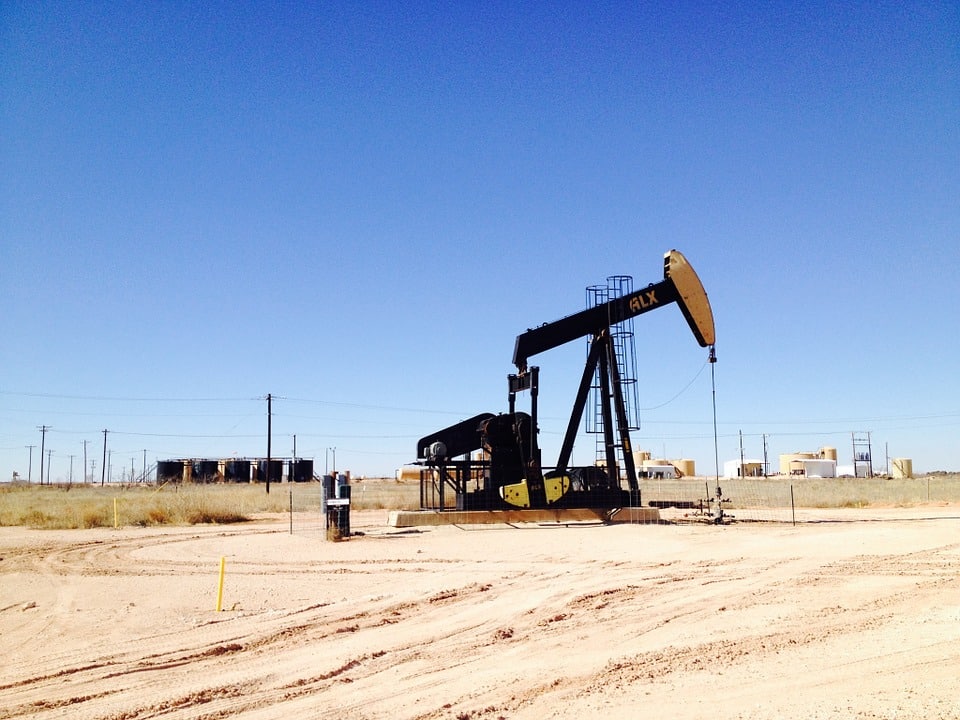Natural gas and oil prices were low even before the coronavirus suppressed demand, and they’re now scraping the bottom of the barrel. With the balance sheets of oil and gas companies in increasingly bad shape, the incentives for top managers to engage in fraud to keep up appearances for investors appear to be growing. That means opportunities for whistleblowers to report fraud may be more numerous — and more lucrative.
This is particularly true in the U.S., where the fracking and horizontal drilling revolution has opened up vast deposits of oil and gas, making the U.S. the world’s top producer. In this economic environment, some companies have come under suspicion for misleading investors by releasing inaccurate financial statements. One example is Gulfport Energy Corp., a fracking company with wells concentrated in Ohio and Oklahoma.
The company disclosed in February that its previous statement, released in November 2019, failed to include leasehold costs in its depreciation, depletion, and amortization (DD&A) calculations. Leasehold costs are the price oil and gas producers pay to owners of the land they drill on, and DD&A is an accounting technique that compares total revenues to total costs of assets over their lifespan. The omission of leasehold costs resulted in an overstatement of the company’s net income by half a billion dollars. Gulfport’s disclosure came on the heels of a 67% dip in the company’s market share over the past year.
Fracking companies are increasingly coming under examination for tinkering with their accounting books. The U.S. Securities and Exchange Commission (SEC) is investigating Oklahoma explorer Alta Mesa Resources Inc. for faulty financial reporting. The company also faces several lawsuits by shareholders for lying about the company’s value and by landowners who claim the company violated lease agreements. Antero Resources Corp., a Colorado-based company that announced a $3 billion-dollar loss on its Utica shale production last year, failed to pay landowners in West Virginia landowners their full royalties, a federal court ruled.
Aside from legal woes, what all these companies have in common are balance sheets showing a massive loss of value. That wasn’t part of their business plan: When new technologies emerged around 2008 that allowed companies to extract oil and gas from shale via hydraulic fracturing, or “fracking,” the fossil fuel industry hailed the development as a “revolution.” The fact that natural gas produces less of the greenhouse gases that cause climate change also led industry boosters to bill it as a “bridge fuel” from oil or coal.
But in recent years, depressed prices resulting from overproduction of natural gas meant companies spent more than they earned, leading to huge losses for shareholders. The oversupply of natural gas has led to increased carbon dioxide emissions: Increased natural gas consumption accounted for 60 percent of emission growth in recent years, according to a report by Stanford University’s Global Carbon Project.
One former gas executive told the audience of a 2019 industry conference that the eight largest producers in the Appalachian Basin had “destroyed on average 80 percent of the value of their companies” since 2008. Energy bankruptcies reached their highest level last year since 2016, financial analysts say.
The potential for accounting fraud at distressed fracking companies is high. How can it be stopped before it harms landowners and investors? By people inside—or with insider knowledge of—these companies blowing the whistle.
Some common ways companies can mislead investors include:
- Deducting production expenses and adding fees to royalty payments to landowners, resulting in a much lower payment than expected or promised.
- Intentionally using less-accurate methods to calculate how much oil can be produced by future wells, leading to overestimation of well capacity.
- Estimating unrealistic profit margins, such as low “breakeven” prices—meaning the price-per-barrel of oil required to break even on a prospect—or return rates on investments based on a hoped-for rise in gas prices.
Are these practices underway at major U.S. companies, and if so, are they illegal or just unethical? That’s ultimately up to the SEC to decide. But whistleblowers can play a vital role by confidentially providing the SEC information that can lead to an investigation. Several laws related to corporate fraud include whistleblower protections, such as the Dodd-Frank Act, the Sarbanes-Oxley Act, and the Commodity Exchange Act. With the ability, under these laws, to keep their identities confidential and to earn substantial financial rewards –up to 30 percent of the proceeds collected by the government–for helping to deliver successful prosecutions, whistleblowers with evidence financial fraud in the fracking industry may decide that the risks of stepping forward are worth taking.
